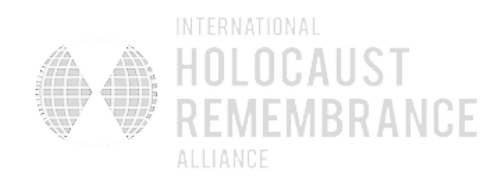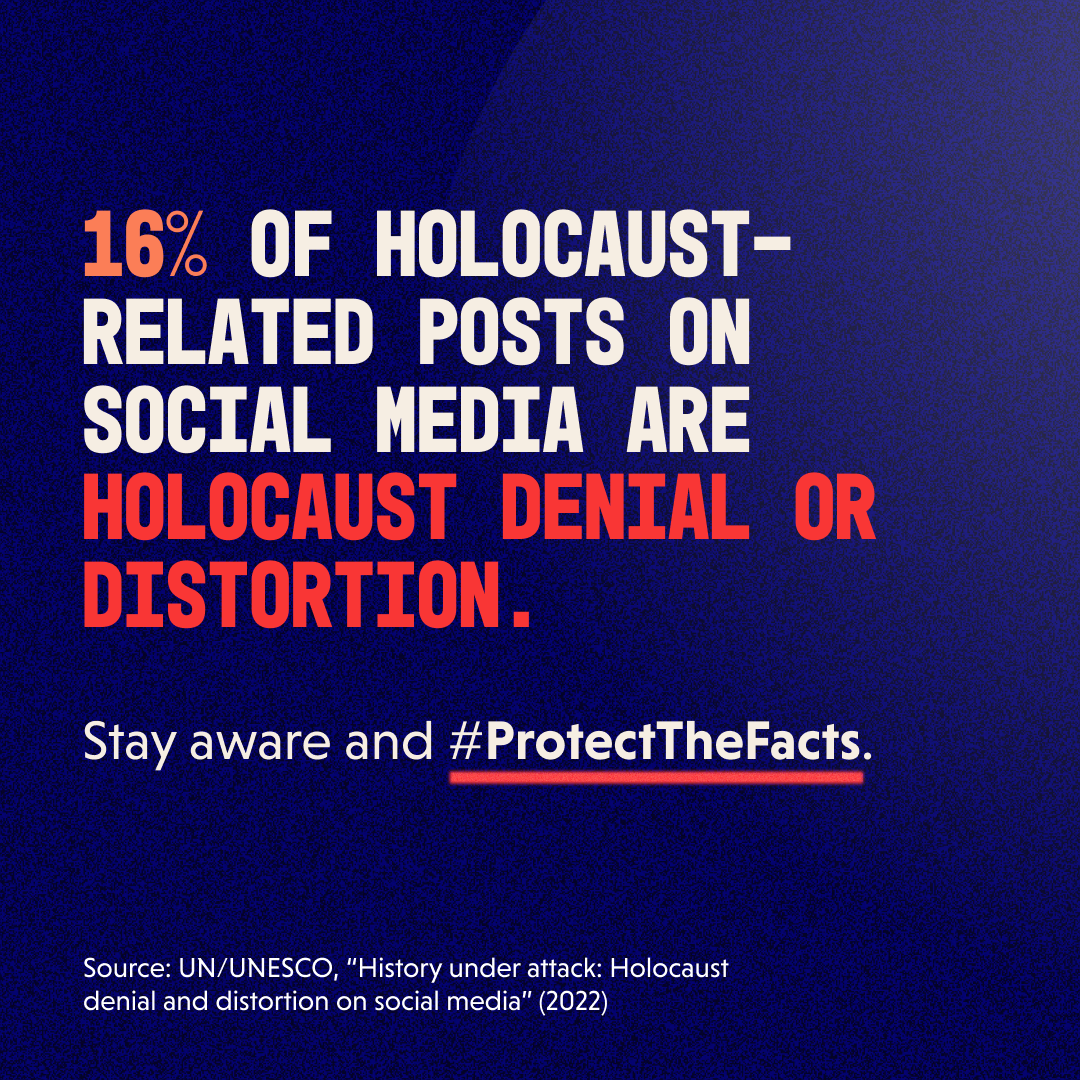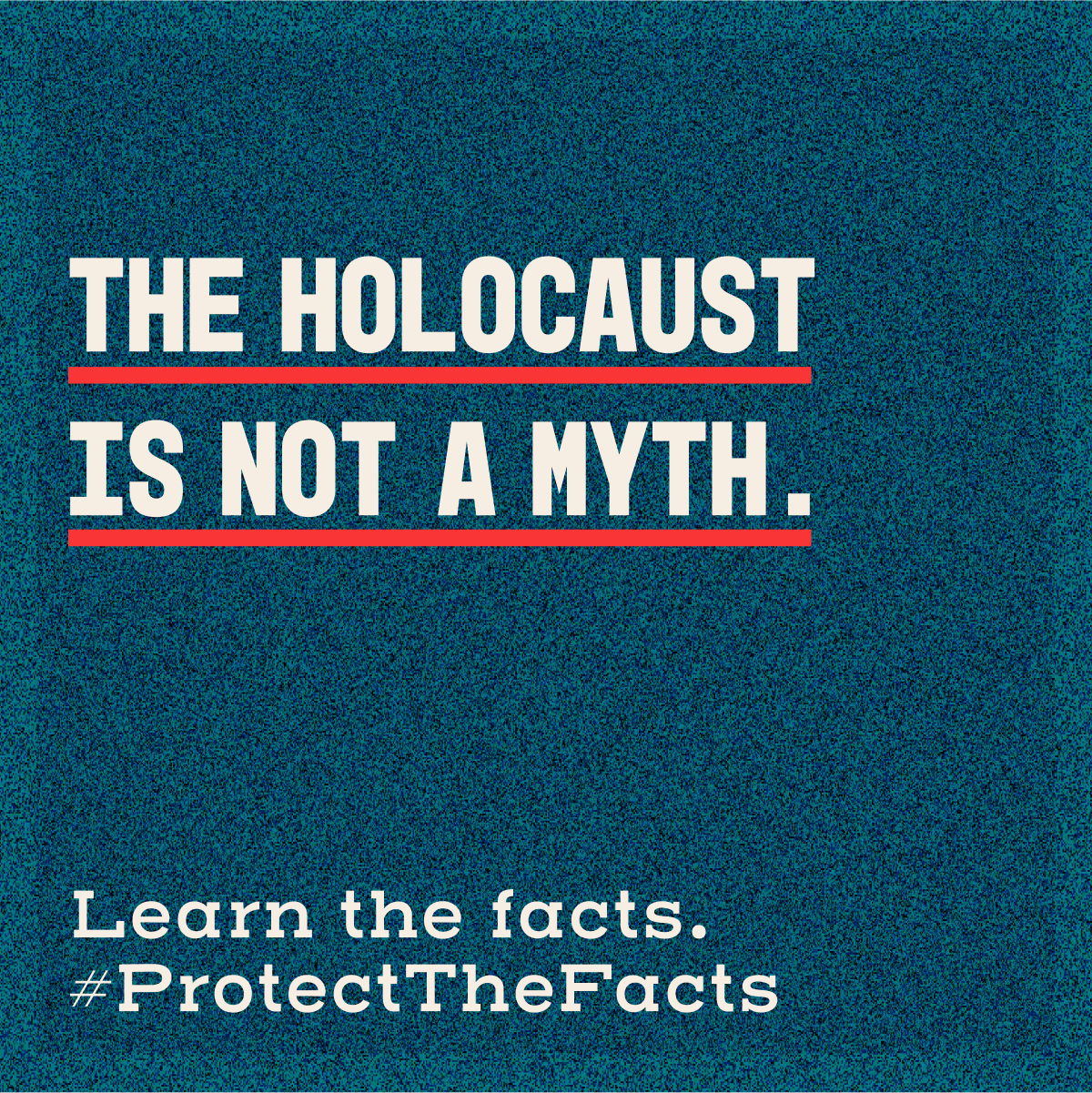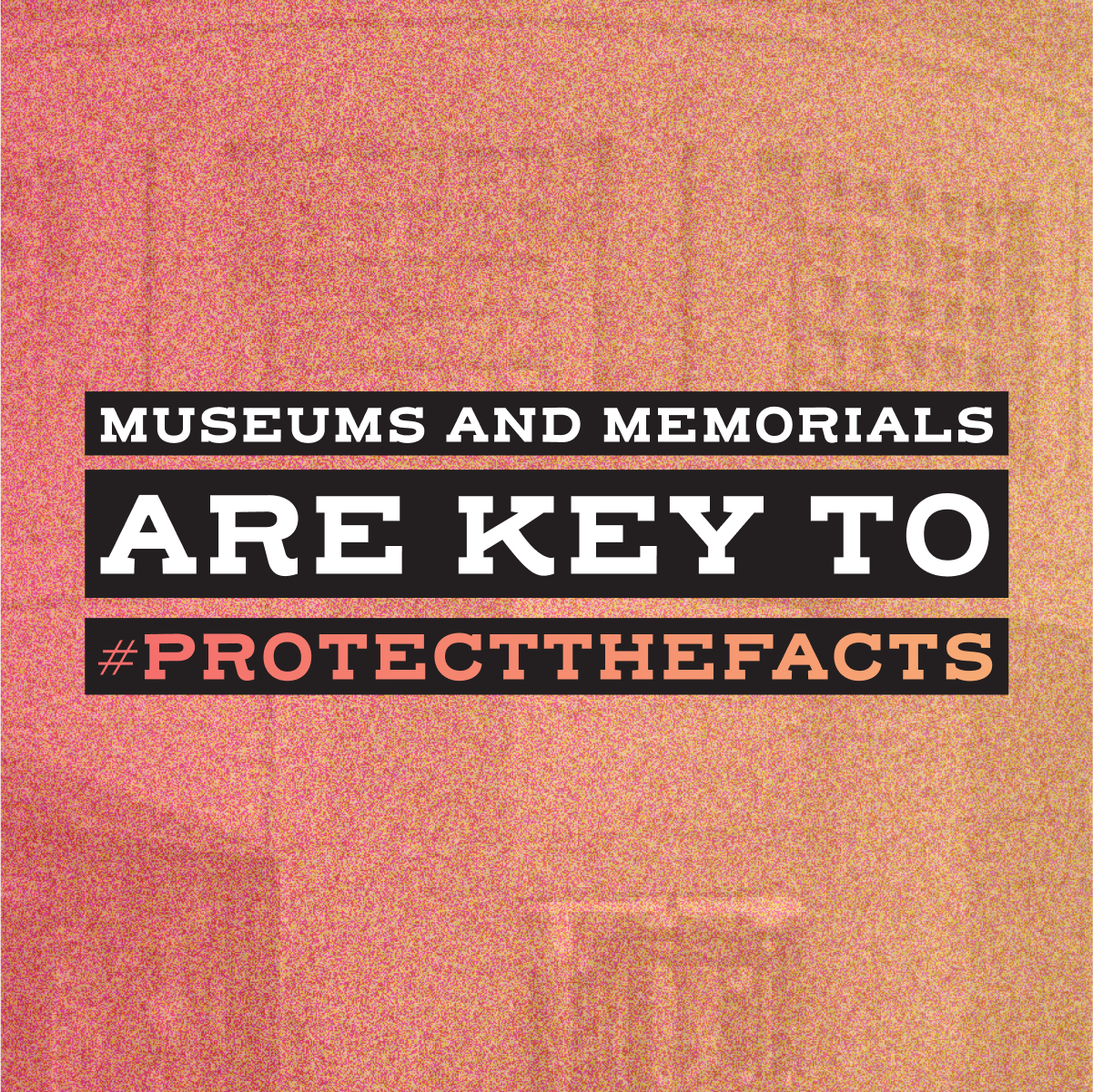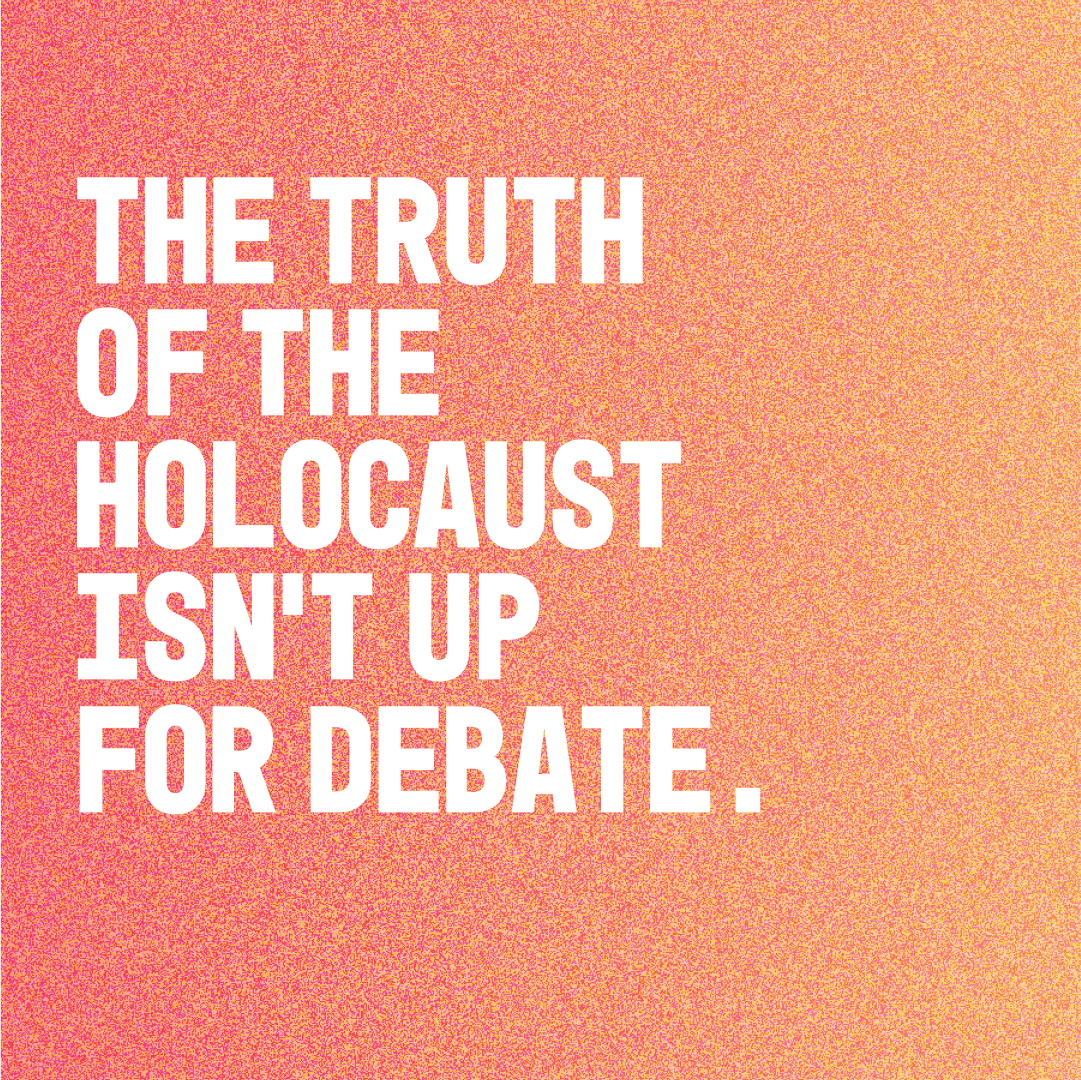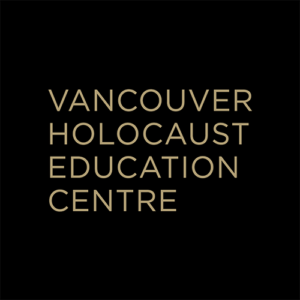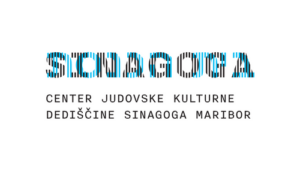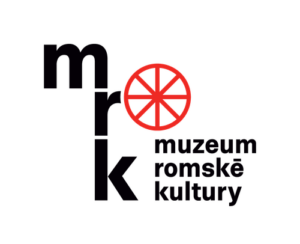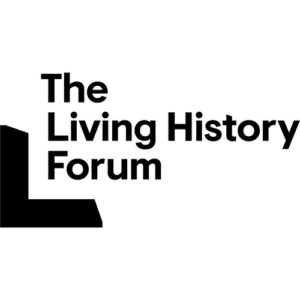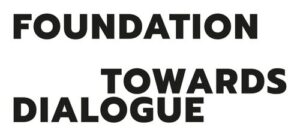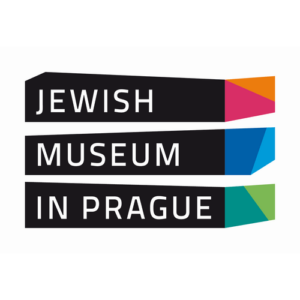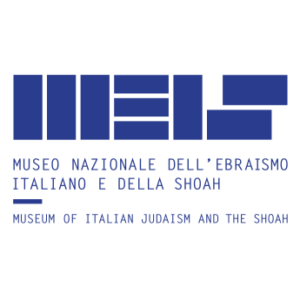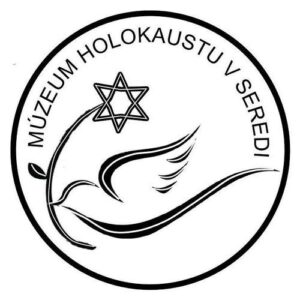Latest News
View All NewsThis 2 August, Remember the Past and Challenge Present Antigypsyism
This 27 January, Counter Holocaust Distortion Through Education
In honor of the International Holocaust Remembrance Day, the Council of Europe has joined #ProtectTheFacts to raise awareness about Holocaust distortion along with partners – the European Commission, the IHRA, OSCE’s Office for Democratic Institutions and Human Rights, together with the United Nations and UNESCO.
Read more
Distortion of the Roma genocide and anti-Roma discrimination today
The genocide of the Roma people remains one of the lesser-known crimes of the Nazi era. This lack of recognition is a harmful form of distortion that serves to perpetuate damaging stereotypes and ongoing discrimination against the Roma community.
Read more
Act Now
Help us spread the message about this urgent problem and encourage others to #ProtectTheFacts.
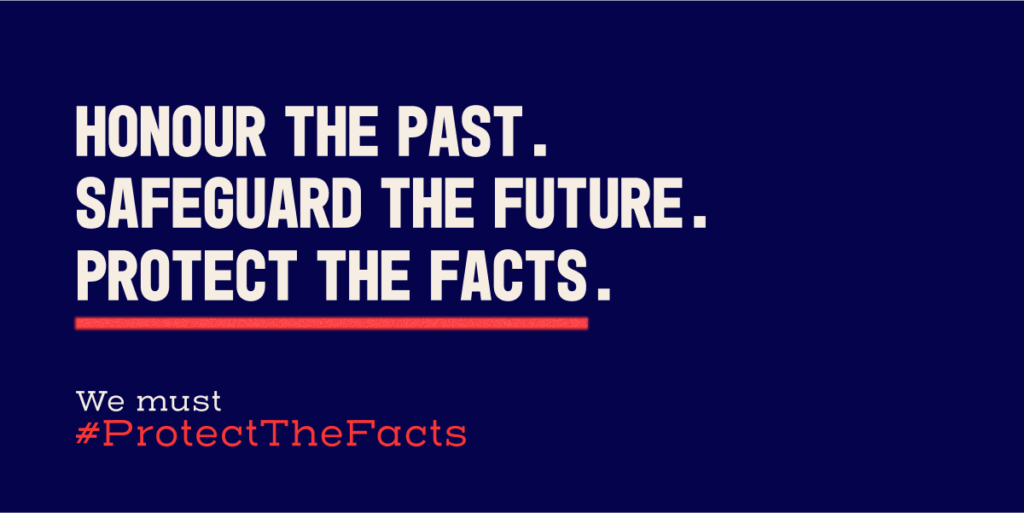
OUR CURRENT CAMPAIGN
Join us on 27 January to remember the victims and #ProtectTheFacts of the Holocaust.
LEARN MORE
Learn more about Holocaust distortion, why it’s dangerous and what resources are available.
About Protect the Facts
Holocaust distortion doesn’t stop at national borders, nor is it found only in one language. International cooperation is essential to countering it.
Protect the Facts is an international initiative of the Council of Europe, the European Commission, the International Holocaust Remembrance Alliance (IHRA), the OSCE Office for Democratic Institutions and Human Rights (ODIHR), the United Nations, and UNESCO, who have joined forces to raise awareness of Holocaust distortion – both how to recognise it and how to counter it.
